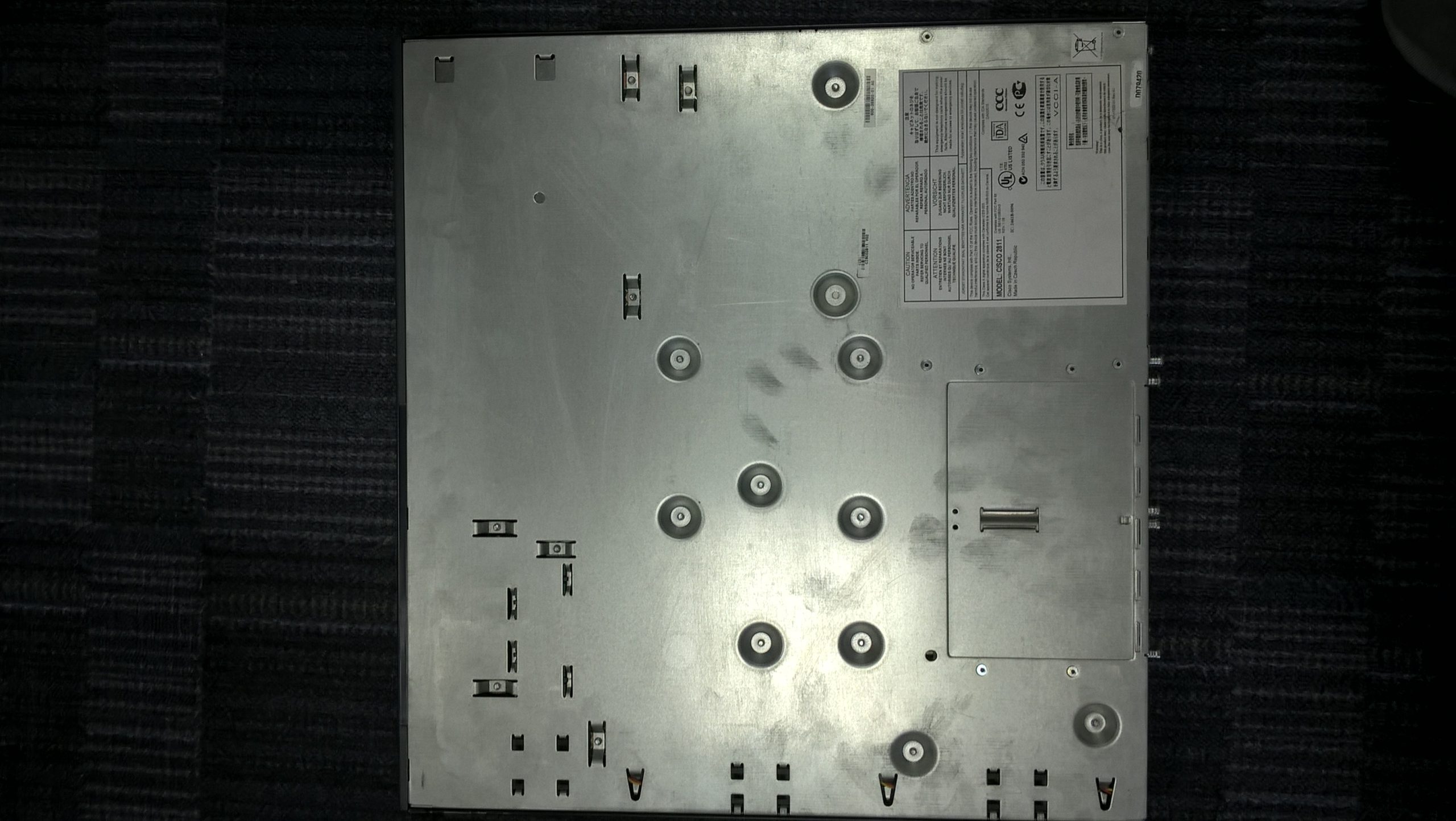Is My Computer Repair Experience a Scam? Here’s What You Need to Know
As technology becomes an integral part of our daily lives, the dependency on our devices increases significantly. However, what happens when your beloved laptop starts malfunctioning? This is the dilemma that many users face, often leading them to seek professional help—only to encounter new challenges in the process.
Recently, I found myself in a precarious situation with my 2.5-year-old Lenovo Yoga laptop, which began crashing and displaying erratic black and colorful squares on the screen. After trying to resolve the issue by updating the graphics driver, it became clear that I needed professional assistance. I decided to visit a small, well-reviewed repair service in my area, hoping for a straightforward solution.
Upon meeting with the technician, I explained my situation and requested a quick diagnostic to estimate the repair costs. As a student, budgeting for repairs is crucial, and I made it clear that I would need to consider the expenses carefully. To my dismay, things took a turn shortly after I left my laptop with him.
A few days after leaving my device, the technician contacted me with confusing information regarding a part I had never heard of before, one that I couldn’t even find on the internet. When I expressed my concerns, the technician became defensive, and since that interaction, he has completely stopped responding to my messages—a situation that has persisted for nearly a month. He has had my laptop since May 25th, and as a student who relies on it for school and work, this has left me in a challenging position.
I thought it prudent to document my experience and seek advice from the broader community. Have you faced similar experiences with computer repair services? What steps should I take next? I’m feeling frustrated and uncertain about whether this situation is a common experience in tech repairs or if I have genuinely been misled.
If you’re in a similar boat or have insights on how to resolve such issues, I invite you to share your thoughts or guidance. Your advice could prove invaluable for others navigating the sometimes murky waters of computer repairs.
Share this content:




I’m sorry to hear about your difficult experience. Unfortunately, there are cases where untrustworthy repair shops can exploit customers, especially when diagnostic or repair costs seem unexpected or the communication becomes opaque. Here are some steps you can take to protect yourself and potentially recover your device: